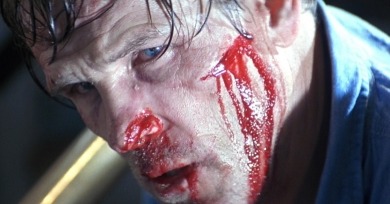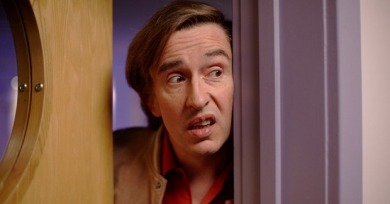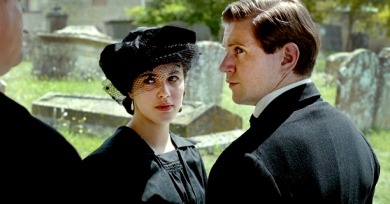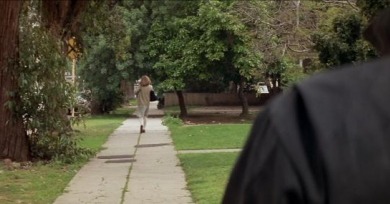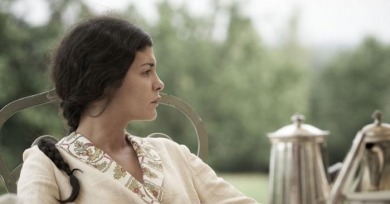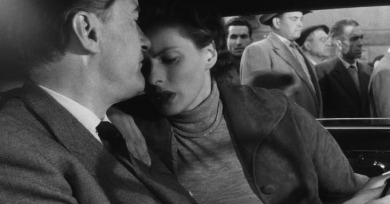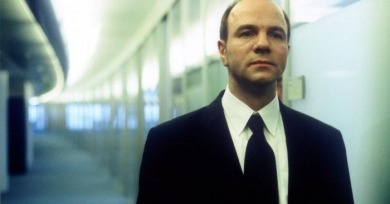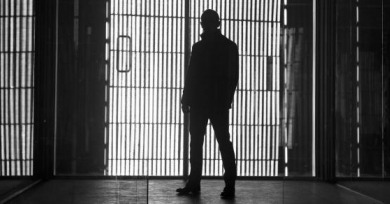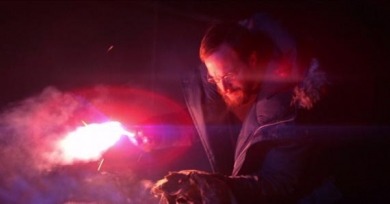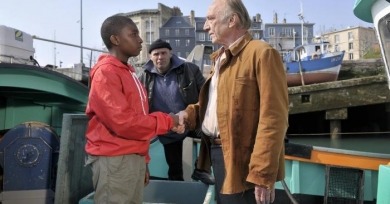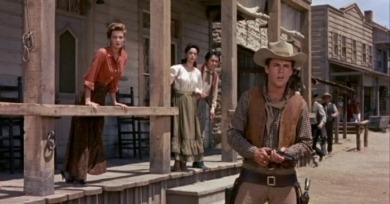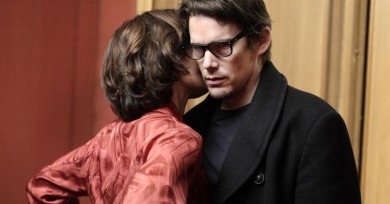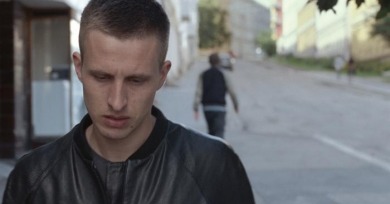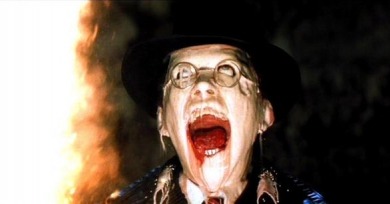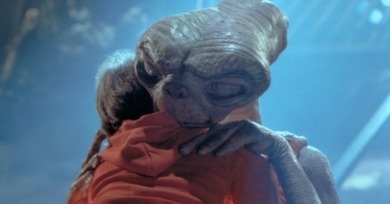Julien Allen
Other critics have looked at the psychopath Cady (a role De Niro lobbied hard for) as an extension of Travis Bickle or Rupert Pupkin, but this rather misses the point. It is Nolte's Bowden who is the “Scorsese male” here (Cape Fear's own Henry Hill, or Jordan Belfort).
The reason is that a section of the U.S. comic fraternity (the likes of Ben Stiller and Will Ferrell) has seen something the vast majority of the American public hasn’t yet, and that something is what Coogan does better than anything else: Alan Partridge.
The makers of this third-rate, tawdry pile of nonsense are no doubt delighted that such an A-lister took a shine to their script, because otherwise it would surely never have seen the light of day.
Downton Abbey is constructed as an entertainment around the subject of class, but seeks to provide little substantial analysis, commentary, or political argument on it.
It’s a fine irony that a movie so determined to satirically skewer groupthink has generated so much of it.
Reinstating Halloween from the nation’s living rooms to the big screen where it really belongs, gives audiences a clearer look at what makes a consummate frightener.
What is more unforgivable than the dilatory, cynical waste of talent dribbling off the screen in Rush is that some critics appear to have fallen for its superficial charms (period cars! sex! third-degree burns!) and are content to overlook its structural deficiencies, not to mention its fundamental pedestrianism.
The dreaded word “middlebrow” will inevitably buzz like a neon sign in most readers’ heads, and perhaps justifiably so, were it not for the fact that the French actually do this sort of thing rather well.
Rivette’s ordination of Journey to Italy as the first modern film is, in a philosophical sense, paradoxical, because in fact it is modernity itself which is being shunned, or at best broken down and humanized, by the film.
It’s a film which might feel at times like a patchwork of dozens of others, but has a singular quality which transcends almost any comparison: it is built of sound.
Wheatley reacquaints himself with his roots in television humor and presents us with something more straightforward than before (there is no doubt you are watching a comedy from start to finish) but which still allows him room to indulge his predilections for unpredictability and all-out gore.
By concentrating less on the pathological aspects of Vincent’s behavior and more on the crushing weight of the trap of work, the pressures and hypocrisies of which have taken him to the edge, Cantet turns the story into a trenchant plea for liberation from salary servitude.
The delight of Sam Mendes’s movie (what an odd way to begin a sentence!) is its indulgence in a kind of shameless showmanship that’s quite distinct from the all-out sensory assault practiced by so many contemporary action movies.
The Thing is not just an unnerving title: by its nature, the enemy, a corrosive alien organism which kills and replicates its prey, has no distinct face or personality of its own—a “conquer and survive” motivation is initially ascribed to it, but it defies any description.
This coat, which as the night draws in takes on a burnished quality like wet sand at sunset, is but the most resonant and satisfyingly symbolic shade in a film whose color compositions are, from beginning to end, consistently disarming.
One of the many remarkable things about Howard Hawks’s Rio Bravo is the way it lulls you into believing you’re just watching an ordinary western. For an unlucky few, this sensation might even remain intact right until the end, but chances are that something in the film will break the spell.
The film apparently seeks to use a thriller structure as a launching pad for a study of a man’s internal crisis, but the result is a mixture of the inchoate and the pitiful.
Where la Rochelle held what amounted to an unforgivably romantic view of suicide, which the young idealistic Malle embraced, Trier (only a distant relation of Lars) has opted to strip away their stylistic floss to forge, in a soberly formal style, a raw and relevant portrait of Scandinavian suffering.
Spielberg’s approach to Raiders, and to its main character, is to make a winking allusion to, followed by the almost immediate subversion of, genre cliché.
Eight Reverse Shot writers revisit Steven Spielberg’s 1982 phenomenon.
